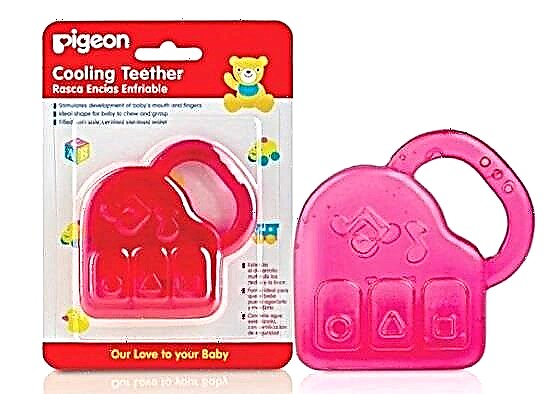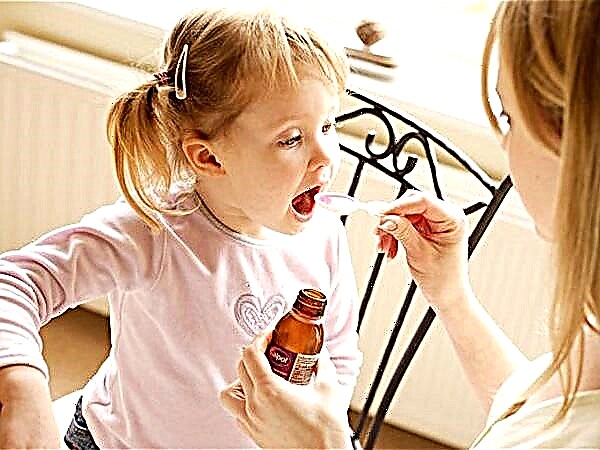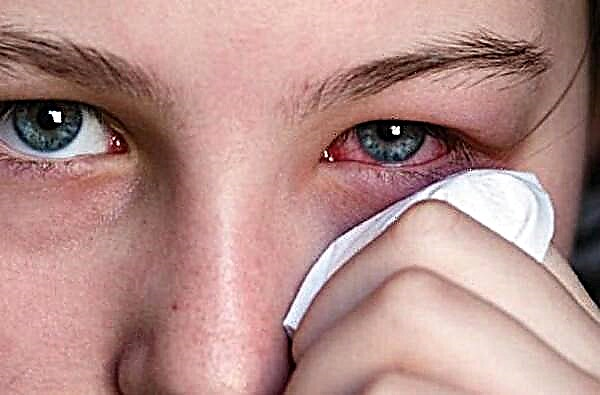The body often gives signals that warn of a possible illness. One of them may be the fact that the newborn often pees. What could be the reasons for this phenomenon? Is it dangerous, and when should you go to the doctor?

The baby has urinated
Normal urinary frequency for an infant
Children's urine is very light and initially has almost no characteristic odor. It is excreted uncontrollably by infants, the frequency is from ten to 30 times a day (only in the first days after birth, less often).
Average norms for children according to age are:
- in the first week after birth - 4-6 times;
- from the second week to 1 month - 20-25 times;
- from 1 month to 1 year - 15-20 times;
- from 1 to 3 years - about 10 times.
When to worry
The frequency of urination can fluctuate. When the baby has a fever, or on hot days, it can greatly decrease (up to half the volume of urine excreted per day) due to high moisture loss. The baby can urinate, on the contrary, more often from excess drinking (this is not a cause for strong concern).
Important! Alertness should be triggered if an infant suddenly pees more often than usual for no physiological reason. It can be triggered by various diseases.
Symptoms of the onset of the disease
The following symptoms indicate the presence of infections in the urinary system and other diseases:
- pain when urinating, expressed in the crying of a baby;
- high temperature;
- sleep disorders;
- lethargy, decreased activity of the child;
- the baby stops gaining weight.
Causes of frequent urination
When a child urinates frequently, the causes can vary, from physiological, which should not be very disturbing, to serious diseases that require immediate treatment.
Endocrine pathologies
Children's diabetes mellitus is a chronic disease, the most striking symptom of which is that the baby pees much more often than usual.
Important! A large volume of urine released at one time is not a sign of illness. It is the frequency of urination that matters.
To diagnose diabetes, blood and urine tests are required.
There are two types of diabetes in children:
- Sugar. It develops when the pancreas stops producing insulin. Its cause in infants in most cases is a genetic predisposition;

The baby has diabetes
- Non-sugar. Can develop after infection, injury, brain tumors, or congenital. This is an endocrine disease caused by a violation of the production of the hormone vasopressin by the posterior lobe of the pituitary gland. Another type of pathology is that the kidneys do not respond to vasopressin. This hormone normally promotes water retention in the body. In its absence, the withdrawal of moisture increases sharply.
Both types of endocrine pathology cause constant thirst and increased urination. Especially the child pisses a lot at night.
Neurogenic Bladder Dysfunction
The disease is characterized by the inability to control the bladder due to:
- congenital malformations of the central nervous system;
- birth trauma;
- spinal tumors;
- Cerebral palsy;
- dysfunctions of the autonomic nervous system;
- failure of the reflex that controls urination.
The main symptom of pathology is urinary incontinence.
Psychological problems
Stressful situations can also trigger the onset of bedwetting. This can be a divorce or separation of parents, the death of a relative, a change of residence. As a result, a baby who has previously asked for a potty may lose control of the bladder and begin to pee day and night.

Child wet himself at night
Pathological causes
If the baby pees unusually much, it may be a symptom of urinary tract infections, such as:
- cystitis;
- pyelonephritis;
- urethritis.
A breastfeeding baby with a bladder infection (cystitis) has frequent urination, pain, or burning during urination.
Other symptoms:
- high temperature;
- poor appetite;
- diarrhea;
- vomiting;
- general weakness;
- foul-smelling urine.
Non-infectious pathologies:
- chronic renal failure;
- hypoplasia of the kidneys.
Physiological causes
There are physiological factors that make children urinate more:
- Too much fluid intake. As a rule, this is a single event, just a child drank a lot of water on any day.
- Eating foods that have a diuretic effect, such as watermelon.
- Low air temperatures. When it gets cool, the excretion of fluid through the sweat glands stops, and urine is excreted more actively.
What to do for parents
If a newborn child pees frequently, but he has no changes in his health, and the disorder can be associated with excessive drinking, low fever or the use of diuretic products, then the parents do not need to take any action. With the elimination of physiological factors, urination will return to normal.
You should consult a pediatrician if your baby urinates very often for a long period of time, even in the absence of other symptoms. If there are obvious signs of illness, you should immediately consult a doctor.
Important! You cannot self-medicate, offer your child herbal decoctions, etc. It can only worsen kidney disease.
Types of examinations
After going to the hospital, the doctor should determine why the baby urinates frequently. For this, examinations and analyzes are carried out.
First of all, the pediatrician draws up a medical history and refers to the patient's history. It is important whether urinary tract infections, neurological disorders, head trauma, intracranial tumors, and changes in psychomotor development have been diagnosed earlier. There is also a family history of hereditary diseases.
After the first consultation, the following will be held:
- Physical examination, which focuses on heart rate, breathing rate, blood pressure readings, and pain in the kidney area;

Pediatrician examining a newborn
- General and biochemical blood test;
- General urine analysis and according to Nechiporenko;
- If necessary, ultrasound of the kidneys and other organs.
Once diagnosed, treatment will depend on the underlying cause of urinary frequency.
Prevention of disorders
In order to avoid problems with urination, pediatricians recommend preventive measures:
- Monitor how much your baby is drinking. Breastfed babies will have enough breast milk. If a child uses artificial mixtures, then he must additionally drink water.
Important! On hot days, even while breastfeeding, your baby may need extra water to drink.
- Perform hygienic procedures for washing the intimate area of the baby immediately after changing the diaper in order to avoid infection in the urinary tract.
- Avoid hypothermia of the baby.
- During the treatment of acute respiratory viral infections, intestinal infections, make sure that the baby's body is not dehydrated.
- Create a favorable atmosphere in the family, protect the child from nervous stress. During the period of potty training, remember that the baby can always write in bed and pants. At the same time, you cannot scold him and force him to urinate in a pot. Sometimes the child just doesn't like it, it should take time until the baby gets used to it.

Potty kid
Finding the cause of frequent urination in a child is extremely important, because further therapy depends on it: for kidney and urinary tract infections, these are antibiotics, for diabetes mellitus - insulin therapy, grown-up children may need to consult a child psychologist.



